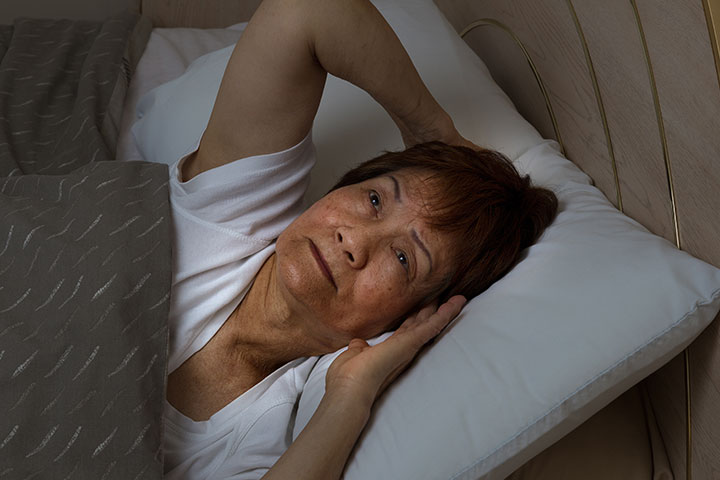For years it’s been thought that women have been disadvantaged financially because of their gender. The facts seem to bear that out. The reasons include lower pay for similar work and steeper climbs up corporate ladders. The traditional unpaid roles of wife, homemaker and child-rearer-in-chief also contribute, but there are other factors, too. For example, one that isn’t discussed is what happens when it’s time for a widow or single woman to retire. The answer can be poverty.
Carol
Let’s take Carol for example. She has a 4-year degree, and worked for several years as a pharmaceutical representative. The travel was fun but wearing. Then she met Steve who was 10-years older and they got married. They had a child two years later, and another one a year after that. Steve was doing well so they decided that Carol would stay at home until the kids started high school. Carol agreed because Steve provided a good income and because her own job had taken a toll.
When it was time to go back to work, Carol couldn’t deal with the thought of traveling the way she had, so she looked for a different kind of job. She knew that she had to start at the bottom again and work her way up. Fortunately, she found something that she really liked and took her back to working with children. So, she took a job as co-director of the after-school care operation at her Church.
The job paid much less than she had earned as a pharmaceutical rep, and it did not have a retirement plan. Carol overlooked those factors because working with kids reminded her of the happy times when she was raising her own. Anyway, she never thought that she would want to retire and she believed that Steve (and his earnings, pension, or Social Security) would always be there.
She was wrong. Steve suffered a fatal heart attack while Carol was still working at the Church. When she finally did decide to retire, she had to face the harsh reality that she might not be able to make it financially. The combination of lower lifetime earnings, a longer lifespan, and a lower rate of savings by women can lead to (and in Carol’s case, resulted in) poverty, as it has for many retired, single women.
Social Security Won’t Save the Day
The Social Security Administration (SSA) reports that as of December 31, 2023, Social Security was a major source of income for most people over the age of 65. Social Security is the largest single source of income for most retired Americans. The SSA estimated that in 2021, 42% of women received 50% or more of their income from Social Security while 15% of women relied on Social Security for 90% or more of their income.
As of December 31, 2021, the average monthly Social Security payment to women was $1,483.75, about $354 less than the average payment that men receive. The 2024 federal poverty level for a single person is $15,060, or $1,255 a month. Stated otherwise, just a couple hundred dollars per month separates a widow at the average income level from poverty.
While the participation rate of women in retirement plans has increased in recent years and is now similar to men’s rates, the fact that many women are in the workforce for shorter periods of time has a negative impact on their Social Security benefits. Too, the involvement of women in defined contribution retirement plans (where the retired employee receives a fixed sum per month regardless of market conditions) has been lower than men. That means the value of the women’s plans is lower, which translates to lower monthly payments to retired women.
(This article has been updated since it originally published in May, 2017.)
